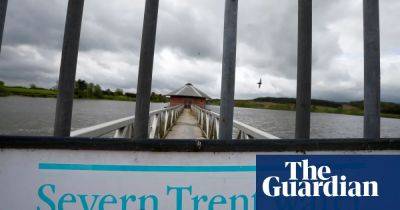‘An undeniable success’: first UK council trial of four-day week set to be extended
The first UK council to experiment with a four-day working week is expected to extend the trial after analysis showed it was “overwhelmingly positive” for staff health and wellbeing without denting performance.
About 450 mainly desk-based employees of the Liberal Democrat-led South Cambridgeshire council embarked on the three-month pilot in January. They could choose to take Monday or Friday off and were expected to work more productively in the remaining four days. Their pay was not affected.
Papers prepared for the council’s employment and staffing committee, which is due to meet on 2 May, recommend that the trial be extended for another 12 months. They also suggest that workers involved in refuse collection be invited to join a separate, three-month pilot of the four-day week.
“I am really pleased with the way this trial’s gone,” said the council’s leader, Bridget Smith. “We look at those 52 days off a year not as a right but as a gift, for working much more intensely and working smarter.”
She said informal chats with staff suggested many were keeping their extra day off as a “special day” to spend extra time with family or enjoy leisure activities that they would not previously have been able to do.
Survey results showed 88.5% of staff wanted the trial to continue, with women and older workers apparently seeing the most benefits, while the impact on health and wellbeing was “overwhelmingly positive”.
Meanwhile, an independent analysis of the council’s performance data by the Bennett Institute at the University of Cambridge showed it was “within normal levels compared to the average over time”.
Joe Ryle, the director of the 4 Day Week Campaign, said: “South Cambridgeshire’s historic trial has been an undeniable success and
Read more on theguardian.com


















